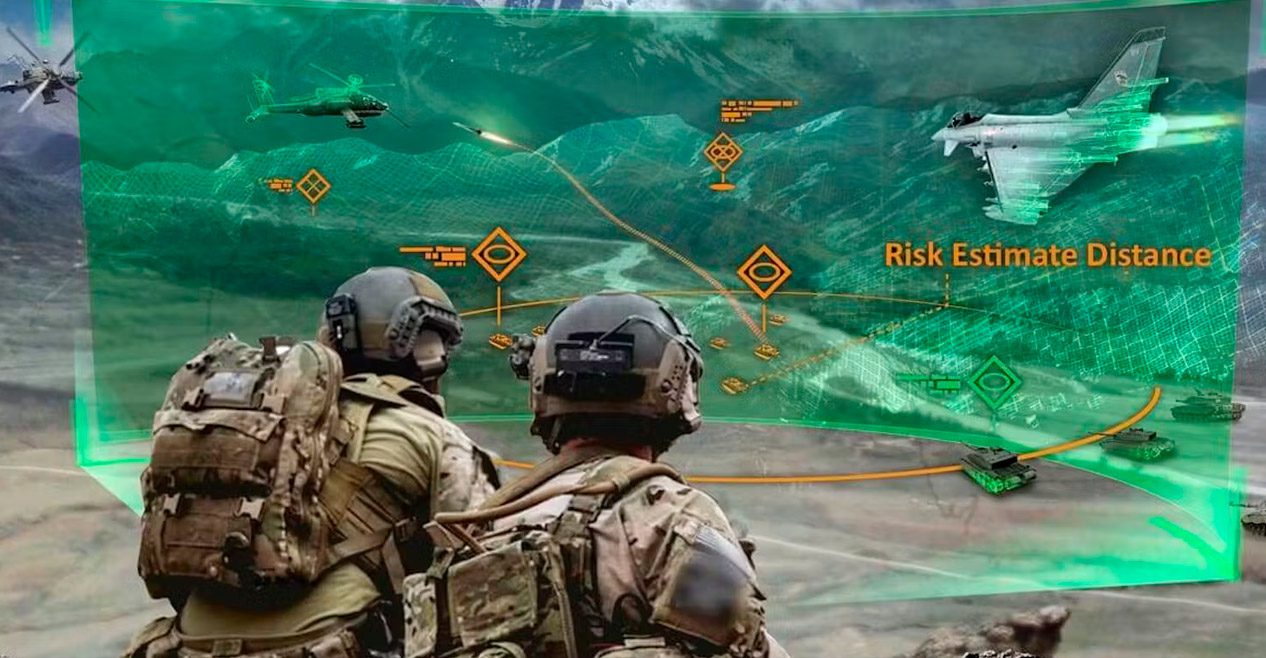Asp Of Davidson Corrêa Clem
In the last decade, the teaching-learning process, the name given to this complex system of interactions between teacher and student, has undergone transformations motivated by the impact of digital technologies on education.
In today’s society, accustomed to the increase in digital and electronic media as a teaching methodology, the “concept of assisted education” can be put simply as a transformation of the educational methodology called, in the broadest sense, Education 4.0. On the pedagogical side, as already mentioned, there has been an increase in both face-to-face and distance learning courses, with an emphasis on immersive technologies that make classes more attractive and engaging, allowing students to absorb more of the content.
The Brazilian Army (EB), aware of the process of transformation in contemporary society, has also begun its own process of transformation in its training, specialization and extension courses, which has taken place through a series of changes in its pedagogical structure from teaching by objectives to teaching by competencies implemented since 2012.
During 2020, the process of implementing and making methodological adjustments to assisted education, which contribute to teaching and developing professional competencies in our combatants, began to be widely discussed within the Army. This process is being implemented in accordance with the Guidelines of the Head of the Department of Education and Culture of the Army for 2020-2023.
The need to train military personnel who will be working with highly complex systems, arising from the concept of Defense 4.0, is therefore evident. With this in mind, Augmented Reality (AR) will contribute to military education using immersive technologies.
Virtual reality and augmented reality are redefining the fundamental ways in which humans interact with the environment, with data and with each other. It is clear that the combatant of the future will be included in this technological environment called cyberculture. This redefinition takes place in a general context, from human-machine interaction in which the military is challenged to work with systems that have visual interactivity and the use of simulators that are ever closer to reality, thus making the use of these tools an essential resource in the land force.
Through this evolutionary process in educational methodology, CEADEx developed the “Virtual Observation Post with Augmented Reality” application, called Virtual PO, with the aim of presenting a deployment of a Brigade Logistics Base (BLB), incorporating immersive technology into the orientation given to students at the EsAO (Officer Training School), which was used in the instruction of Horizon Scanning and Applied Tactics in the region of the Gericinó Training Camp, located in the state of Rio de Janeiro. The concept of Bring Your Own Device (BYOD) was also introduced, in which the student’s own device is used to carry out educational tasks.
The conclusion is that in view of the challenges currently faced in the training of Brazilian military personnel, new methodological approaches have emerged, the purpose of which is to make adjustments to academic programs. The aim is to introduce immersive technologies, such as stimuli for current students, with a view to the next generations. With a view to the year 2040 and current and emerging technologies in the field of Augmented Reality and Virtual Reality, CEADEx is developing a technological annex whose purpose is to insert, integrate and improve students and future combatants.
